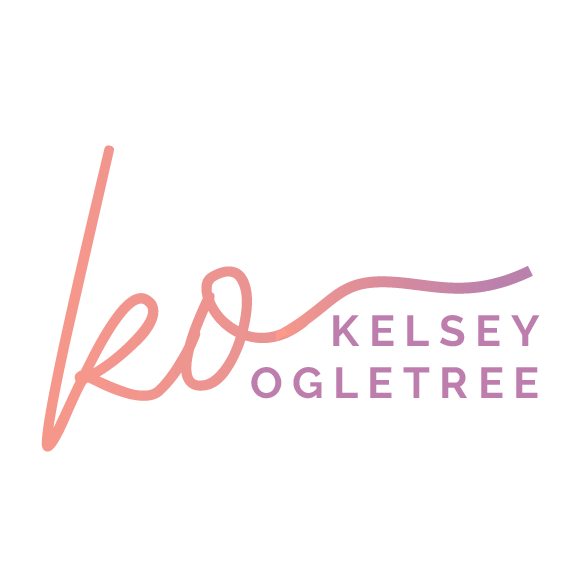The Real Value in Pitching Sources as Experts to Freelance Writers
Lately I’ve noticed an interesting trend of experts asking if they’ll be paid to provide their expertise to for an article. For instance, for a nutrition-focused story, a couple registered dietitians I reached out to posed this question to me after reading the rather lengthy list of points I was asking them to provide (including a sample weekly eating plan). While obviously this is not how traditional journalism works, I couldn’t fault them for asking. It was true: I was asking them to provide a lot of information, and meal plan creation is a service their clients pay them for. Ultimately, they agreed to being part of my story payment-free, which enabled me to include them as experts in the piece. However, it got me thinking about the value to sources (and a publicist’s clients) of being quoted as an expert in a story.
Not sure what I’m talking about? See examples of stories where I interviewed experts here, here and here.
I talked with publicists to find out how their clients view placements where they’re featured as an expert. Here’s what I discovered as the top value points:
SEO
This is a pretty obvious one. An article on a prominent media site that links back to that person or company’s website helps to build SEO value.
Traffic
Likewise, backlinks help to drive traffic to an expert’s site, which can be measured, along with any conversions that come from those clicks. Custom tracking URLs aren’t used that often anymore, however. LA publicist Alex Loria of Ancient Nutrition says she used to send these URLs to help track placements but stopped because it was time consuming and didn’t yield great data. She also found journalists were guarded about using tracking links. “I almost got my head bitten off once for sending a tracking link,” she adds. (My take: With affiliate marketing playing an increasing role at major publishers, links are usually not up to me as a freelancer. If I include them in a piece, they are often changed by editors and/or e-commerce teams, especially for products.)
Credibility
This builds over time with more expert features. “I don't believe I've ever had a client say they saw a spike in business after a story ran in which they were quoted as an expert source,” says Nashville publicist Liz Beck of Parthenon PR. “On the other hand, I do think that type of mention can achieve other meaningful goals. For example, I have clients who, at the end of the month, want to see a long list of press hits regardless of type that they can package up and share with their investors,” Beck adds. (More on that below.)
Likewise, New York publicist Lindsey Smolan of VLIV Communications says her beauty and personal care brand founder clients find high value in being quoted as experts. “It helps to establish them as thought leaders and industry experts within their space,” she says. “While it may not boost sales or have any true measurement immediately, it’s incredibly helpful for building brand awareness and establishing the founder as an expert in his/her field.” This exposure can be most impactful in a trade publication, she adds, as it positions the person in front of other thought leaders in their industry.
Bragging Rights
We’ve all seen the websites, Instagram bios, and email signatures with “As Seen In” credits. Building up that list can be helpful in several ways, says Smolan. “The client can distribute it to new wholesale accounts they’re looking to close, use it as a tool to help land speaking opportunities, and for their own social media content.”
Investments
Virginia-based publicist Jen-Ai Notman of Eshe says placements that position a person as an expert are beneficial to investor pitching, too, just like Beck. “Having an ‘As seen in Real Simple’ or ‘Popsugar’ or ‘New York Times’ are huge for investment rounds,” says Notman.
Confidence
A story quoting a client as an expert can bring them a nice boost of confidence that pays off down the road. For example, “Maybe they frame the story to hang in their business's waiting room, a new patient sees and it helps push them to become a returning customer,” says Beck.
The Bottom Line
Being quoted in an article may not bring an expert immediate attention, sales, or followers (unless it’s the New York Times, wherein all of those are likely). But it’s worthwhile for them to focus on the long game. “ROI is a happy side effect if it happens,” says Philadelphia publicist Esha Dev of Saffron PR, “but I try to educate my clients about how traditional media overage may not drive a lot of direct traffic or sales.” She adds that PR can provide benefits like brand building, and placements can legitimize brands and lead to other opportunities when implemented in tandem with other core levers like social media marketing and partnerships.
My overall view on this as a freelance journalist? Sourcing and quoting experts is a huge part of my job, and I receive less pitches overall for these types of experts than I do for brands wanting to promote their services or products. Building up a positive relationship with freelance writers and showing you, as an expert, or your client, are committed to providing accurate information as an expert source, will lead to them turning to you more frequently — for a variety of outlets. And who knows? Maybe down the line, a front-page feature on your brand or company will make sense.
If you don’t know how to begin pitching yourself or a client as an expert to a freelance writer, HARO is a good place to start. You may also be interested in how to nail an email interview with a freelance writer.
I’d love your take: Readers in PR, what do you find most challenging about pitching your clients as experts? And fellow freelance writers, how do you like to be pitched on expert sources?

